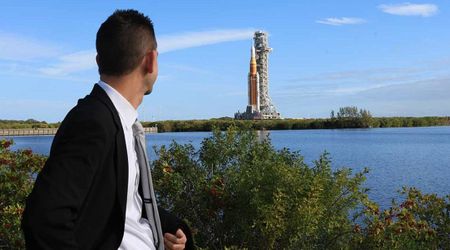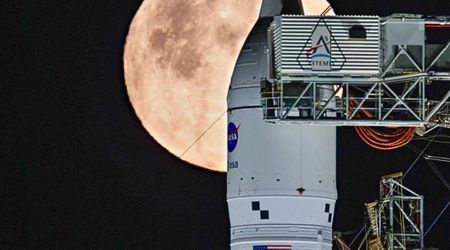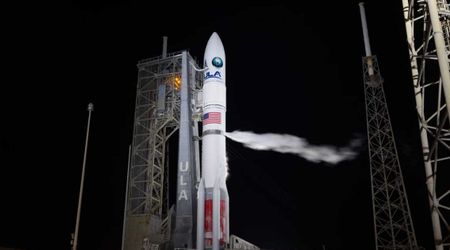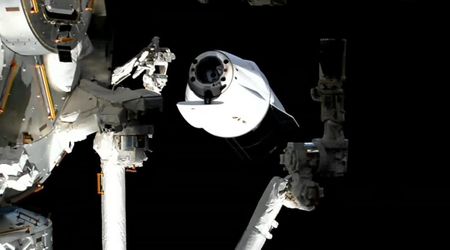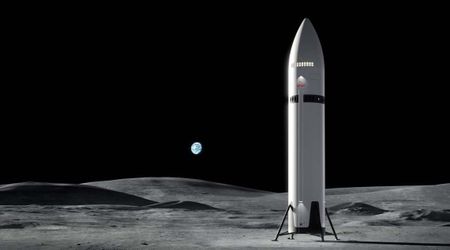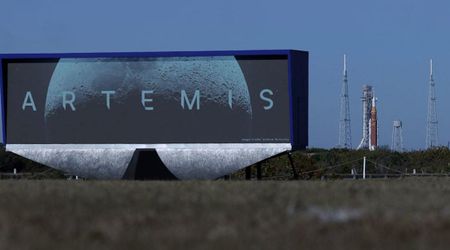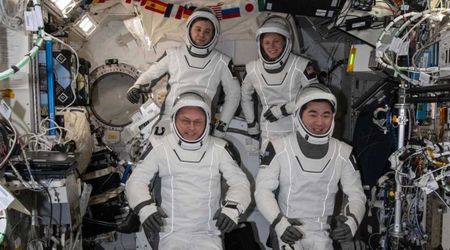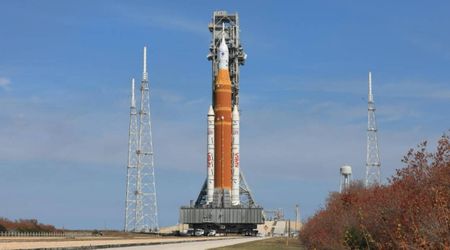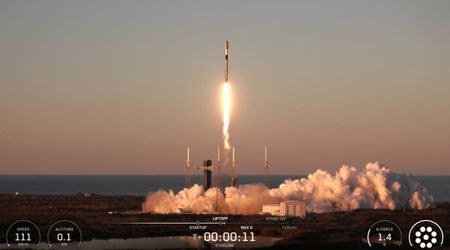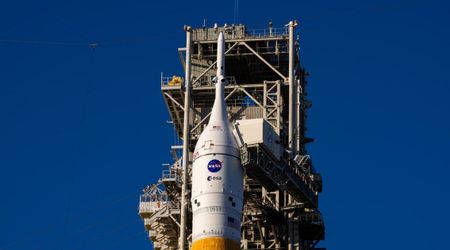NASA and SpaceX plan to launch the Crew-11 astronaut mission to the ISS on July 31

NASA and SpaceX are gearing up for the Crew-11 mission, targeting a July 31 launch of four astronauts to the International Space Station (ISS) at 12:09 p.m. EDT. The Falcon 9 rocket is slated to lift off from Pad 39A at Kennedy Space Center, as per a recent X post by the International Space Station. This flight marks the 11th operational crew rotation for SpaceX's human space transportation system under NASA's Commercial Crew Program, and the 12th crewed flight overall, including the Demo-2 test flight, according to NASA.
.@NASA and @SpaceX are targeting no earlier than July 31 at 12:09 p.m. EDT for the launch of the Crew-11 mission to the International Space Station, pending mission readiness. pic.twitter.com/pxkdqLXK8f
— International Space Station (@Space_Station) July 10, 2025
The launch date for Crew-11 was originally slated for late July or Early August. This adjustment was made to accommodate a critical ISS reboost Maneuver scheduled to be performed by a SpaceX Cargo Dragon as part of the Upcoming CRS-33 station resupply mission. The CRS-33 mission will utilize the first Crago Dragon equipped with altitude-correction hardware specifically designed to maintain the space station's orbit. This capability marks a significant step forward in NASA and SpaceX's efforts to develop a dedicated US vehicle capable of deorbiting the ISS at the end of its operational life around 2030, per Space.com.
Pre-launch mood 🚀@NASA’s @SpaceX #Crew11 is targeted to launch in the late July/early August timeframe from Launch Complex 39A at @NASAKennedy in Florida.
— NASA's Johnson Space Center (@NASA_Johnson) July 1, 2025
Media accreditation: https://t.co/kNszRjIG3t pic.twitter.com/JSvuAy94TJ
The multinational crew for this long-duration science expedition includes two NASA astronauts, a JAXA astronaut, and a Roscosmos cosmonaut. Leading the mission will be NASA Commander Zena Cardman, making her inaugural journey into space. She will be joined by NASA Pilot Mike Fincke, a seasoned astronaut with three prior ISS missions and over a year spent in orbit. Rounding out the crew are the Japan Aerospace Exploration Agency (JAXA) Mission Specialist Kimiya Yui, on his second trip to the orbital outpost, and Roscosmos cosmonaut Oleg Platonov, who will be embarking on his first spaceflight.
.@NASA and @SpaceX are targeting no earlier than July 31 at 12:09 p.m. EDT for the launch of the Crew-11 mission to the International Space Station, pending mission readiness. pic.twitter.com/pxkdqLXK8f
— International Space Station (@Space_Station) July 10, 2025
The Crew-11 team is set to conduct a series of scientific investigations and technology demonstrations crucial for advancing future lunar missions and yielding benefits for Earth-based applications. NASA confirmed the reassignments of Cardman and Fincke to Crew-11, citing overall support for planned ISS activities. Cardman's prior training as a Dragon spacecraft commander and Fincke's extensive spaceflight experience are expected to be invaluable assets to the mission.

NASA's Commercial Crew Program is a strategic partnership with American private industry designed to provide safe, reliable, and cost-effective human transportation to and from the International Space Station from US soil. This program fosters the development of a new generation of spacecraft and launch systems, significantly expanding utility, increasing research time, and broadening opportunities for discoveries aboard the orbiting laboratory, according to NASA.

By entrusting commercial companies like SpaceX (and Boeing) with low-Earth orbit transportation via fixed-price contracts, NASA can redirect its resources towards ambitious deep space endeavors. This shift allows the agency to focus on building the next generation of spacecraft for missions like Artemis, which aims to land the first woman and first person of color on the Moon, a crucial step in preparing for future human missions to Mars.
The program has seen significant milestones beyond SpaceX. Boeing, another key partner, launched its Crew Flight Test (CFT) on the Starliner spacecraft in June 2024. This critical crewed mission aimed to demonstrate Starliner's capability to safely carry astronauts to low-Earth orbit and the ISS, following its uncrewed Orbital Flight Test 2 (OFT-2) on May 19, 2022. Successful completion and approval of Boeing's CFT mission are expected to lead to the agency's certification of their astronaut transportation system for regular ISS missions, further diversifying NASA's access to space.
